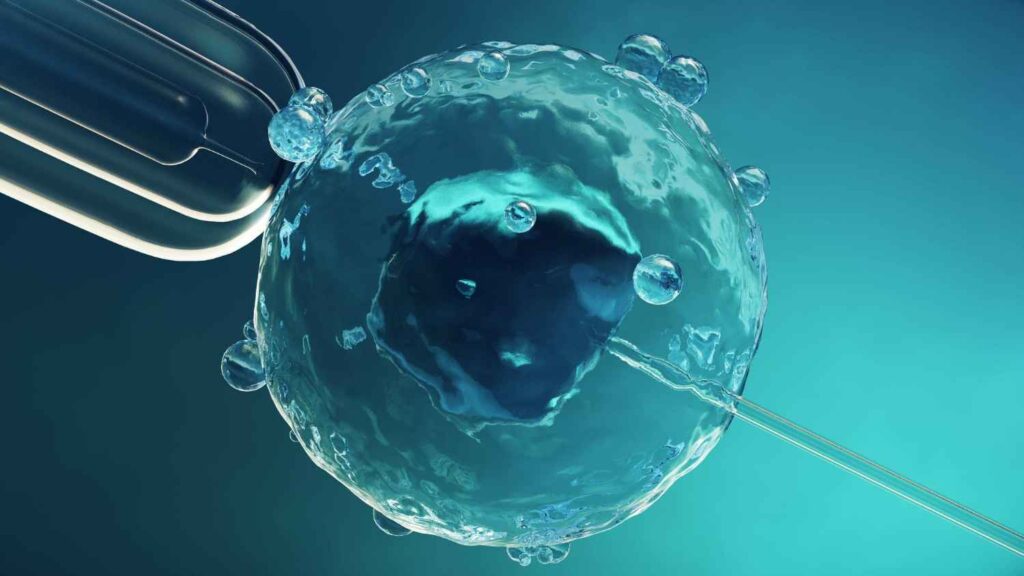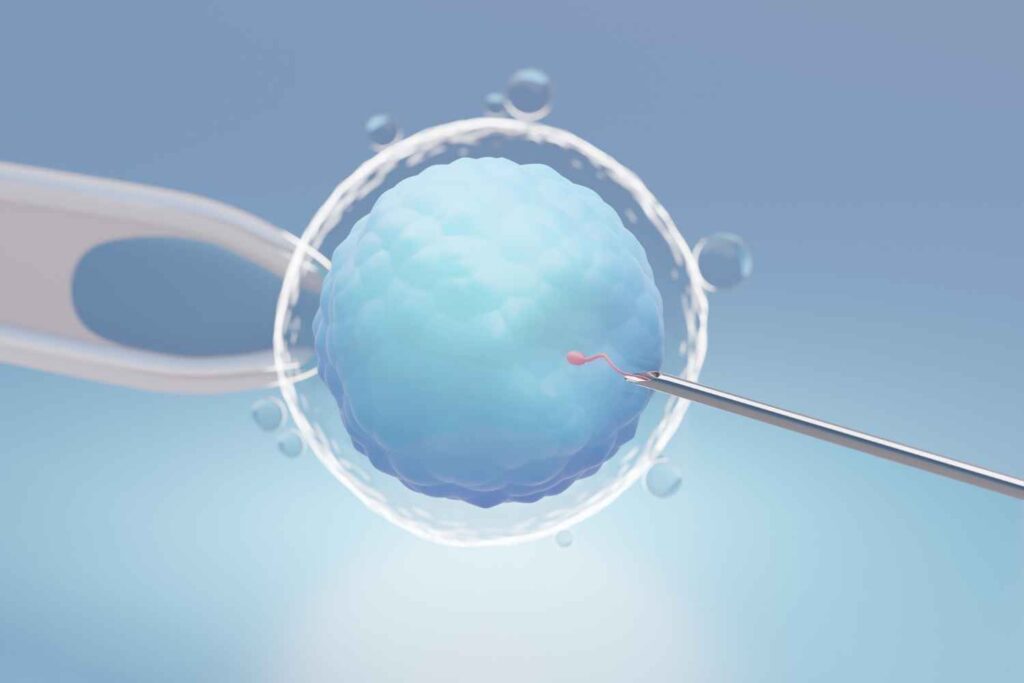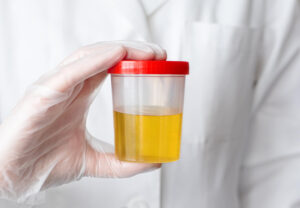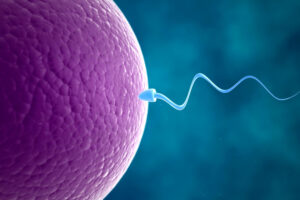Fertility science has evolved rapidly over the last decade — and one of its most remarkable advancements is cryopreservation, or the process of freezing eggs, sperm, and embryos for future use.
For couples undergoing IVF, as well as individuals who wish to delay parenthood, cryopreservation offers flexibility, hope, and control over their reproductive timeline. It’s the science that makes it possible to preserve fertility today and achieve pregnancy years later with nearly the same success rates as a fresh IVF cycle.
In this article, we’ll explore what cryopreservation is, how it works, its benefits, success rates, and why it has become a game-changer in IVF treatments in Hyderabad and worldwide.
What Is Cryopreservation?
Cryopreservation is a process in which biological materials, such as eggs (oocytes), sperm, and embryos, are preserved by cooling them to sub-zero temperatures—typically around –196°C using liquid nitrogen.
At this temperature, all biological activity, including the natural ageing process, stops completely. This means the frozen eggs or embryos can be stored safely for years without deterioration, ready for use when the patient decides to proceed with pregnancy.
Types of Cryopreservation in Fertility Treatments
In modern IVF practice, cryopreservation can be used for different purposes depending on the patient’s needs:
1. Egg Freezing (Oocyte Cryopreservation)
This technique allows women to preserve their unfertilized eggs for future use.
It’s an excellent option for:
- Women delaying pregnancy for career or personal reasons
- Patients undergoing cancer treatments like chemotherapy
- Those with a family history of early menopause
With the advancement of vitrification, the latest rapid-freezing method, egg survival rates after thawing have improved dramatically.
2. Embryo Freezing
After fertilization, embryos can be frozen and stored for future transfer.
Embryo cryopreservation is commonly done when:
- Extra embryos remain after an IVF cycle
- The uterine environment isn’t suitable for transfer immediately
- The patient wishes to delay pregnancy
Embryo freezing helps avoid repeat stimulation cycles and reduces treatment costs in future IVF attempts.
3. Sperm Freezing
Sperm cryopreservation is used for:
- Men undergoing medical treatments that may affect fertility
- Couples opting for donor insemination
- Preserving fertility before vasectomy or military deployment
Stored sperm can be used later for IVF or IUI procedures.
The Cryopreservation Process: Step by Step
Modern fertility centres use a highly controlled and sterile environment to ensure successful cryopreservation.
Here’s how the process typically works:
Step 1: Collection
Eggs, sperm, or embryos are collected after stimulation or fertilization.
Step 2: Preparation
Samples are treated with a cryoprotectant, a special solution that prevents ice crystal formation — which can otherwise damage the cells during freezing.
Step 3: Freezing (Vitrification)
In vitrification, biological material is cooled extremely rapidly, transforming it into a glass-like solid state without forming ice crystals.
This method is much more effective and safer than traditional slow freezing.
Step 4: Storage
The frozen samples are stored in liquid nitrogen tanks at –196°C. They can remain viable for 10–20 years or even longer.
Step 5: Thawing and Use
When the patient is ready, the frozen eggs or embryos are gently warmed, and their viability is assessed.
If healthy, the embryos are transferred into the uterus just like in a regular IVF cycle.

Why Cryopreservation Is a Game-Changer in IVF
Cryopreservation has completely transformed the way fertility treatments are planned and executed.
Here are some of its significant benefits:
1. Flexibility for Future Pregnancy
Couples can plan a pregnancy according to their personal, health, or career timelines.
Frozen embryos can be used years later with comparable success rates to fresh transfers.
2. Higher IVF Success Rates
Frozen embryos can yield better implantation results, especially when the uterus is optimally prepared.
3. Reduced IVF Costs in the Long Term
Once eggs or embryos are frozen, patients can avoid repeated stimulation and egg retrieval cycles — saving both time and money.
4. Fertility Preservation Before Cancer Treatment
Cryopreservation is a vital option for patients undergoing chemotherapy or radiation, which can affect fertility.
By freezing eggs, sperm, or embryos before treatment, they can still have biological children later.
5. Prevents OHSS (Ovarian Hyperstimulation Syndrome)
In some instances, embryos are frozen to allow the woman’s body to recover after stimulation before transferring embryos in a later, safer cycle.
6. Supports Donor Programs
Cryopreservation allows fertility clinics to maintain egg and sperm donor banks, ensuring availability and reducing wait times for patients.
Vitrification: The Technology Behind Modern Cryopreservation
The success of cryopreservation largely depends on vitrification, a fast-freezing method that eliminates the formation of ice crystals — the main reason older freezing methods had lower survival rates.
Vitrification ensures:
- Up to 90–95% survival rate for frozen eggs and embryos
- Minimal cellular damage
- Higher pregnancy rates after thawing
Most advanced IVF centres in Hyderabad now use vitrification as the standard freezing method.
Cryopreservation Success Rates
The success of frozen embryo or egg transfer depends on several factors:
- Age at the time of freezing (younger age = better quality eggs)
- Embryo quality and grading
- Freezing and thawing technique used
- Experience of the fertility lab team
On average, success rates for frozen embryo transfer (FET) are nearly comparable to fresh embryo transfer — around 50–60% per cycle in good clinics.
Who Should Consider Cryopreservation?
Cryopreservation isn’t only for IVF patients — it’s suitable for a wide range of individuals:
- Women in their 20s or early 30s who wish to delay pregnancy
- Patients diagnosed with cancer or autoimmune diseases
- Couples planning multiple IVF cycles
- Men with low sperm count or risk of fertility loss
- Couples opting for donor programs

Potential Risks and Limitations
While cryopreservation is a safe and proven process, patients should be aware of certain limitations:
- Minor loss in egg or embryo viability after thawing (though rare with vitrification)
- Requires careful monitoring during freezing and thawing
- Storage costs for long-term preservation
- Not all embryos survive the thawing process (depending on lab expertise)
Choosing a clinic with advanced cryopreservation facilities and an experienced embryology team minimizes these risks.
Cryopreservation in Hyderabad: Why It’s Gaining Popularity
With an increasing number of professionals postponing parenthood and the growing success of IVF treatments, cryopreservation in Hyderabad is becoming highly sought after.
Top fertility centres now offer state-of-the-art cryo-labs, ensuring world-class preservation and success rates comparable to international standards.
Whether for egg freezing, embryo storage, or fertility preservation before cancer treatment, cryopreservation provides peace of mind and future possibilities for many couples.
Conclusion
Cryopreservation represents freedom and hope in fertility care — the ability to plan parenthood on your own terms, without letting time or circumstance limit your options.
Whether you are undergoing IVF, facing a medical condition, or want to secure your fertility for the future, cryopreservation offers a safe, proven, and empowering solution.
Take the Next Step
If you’re considering egg or embryo freezing in Hyderabad, consult with an experienced fertility specialist today.
At Boon IVF, Hyderabad, our experts use cutting-edge cryopreservation and vitrification technology to help preserve your fertility safely and effectively.
Book your consultation today to explore your options and plan your fertility journey with confidence.


